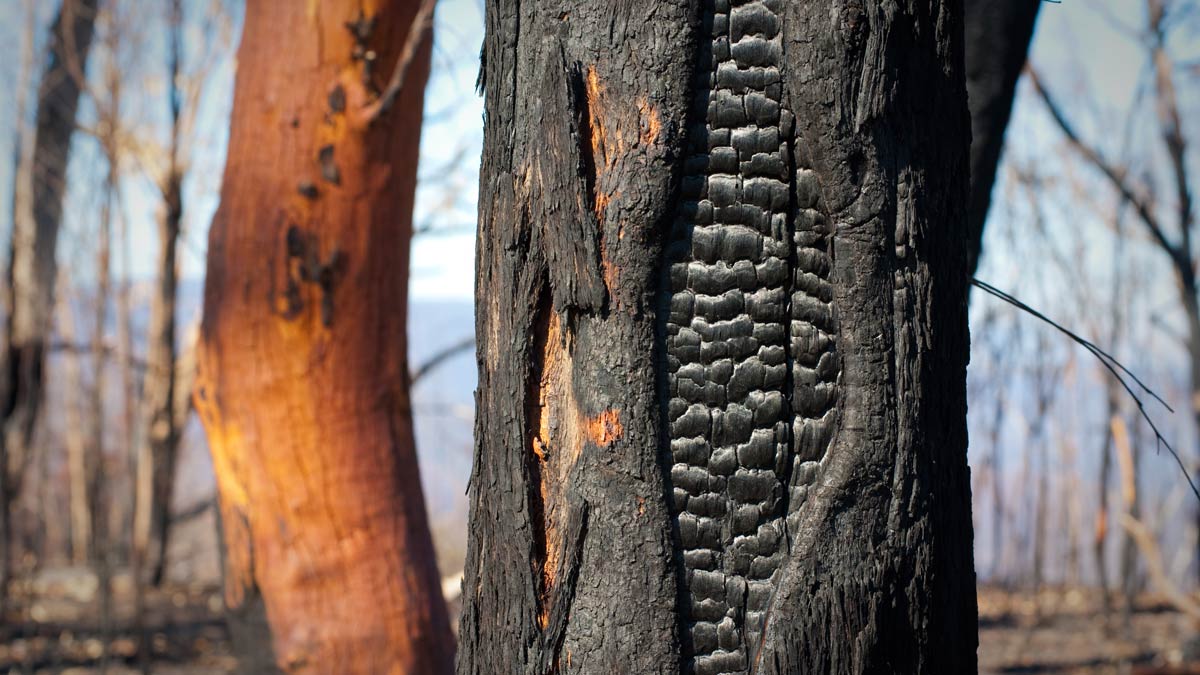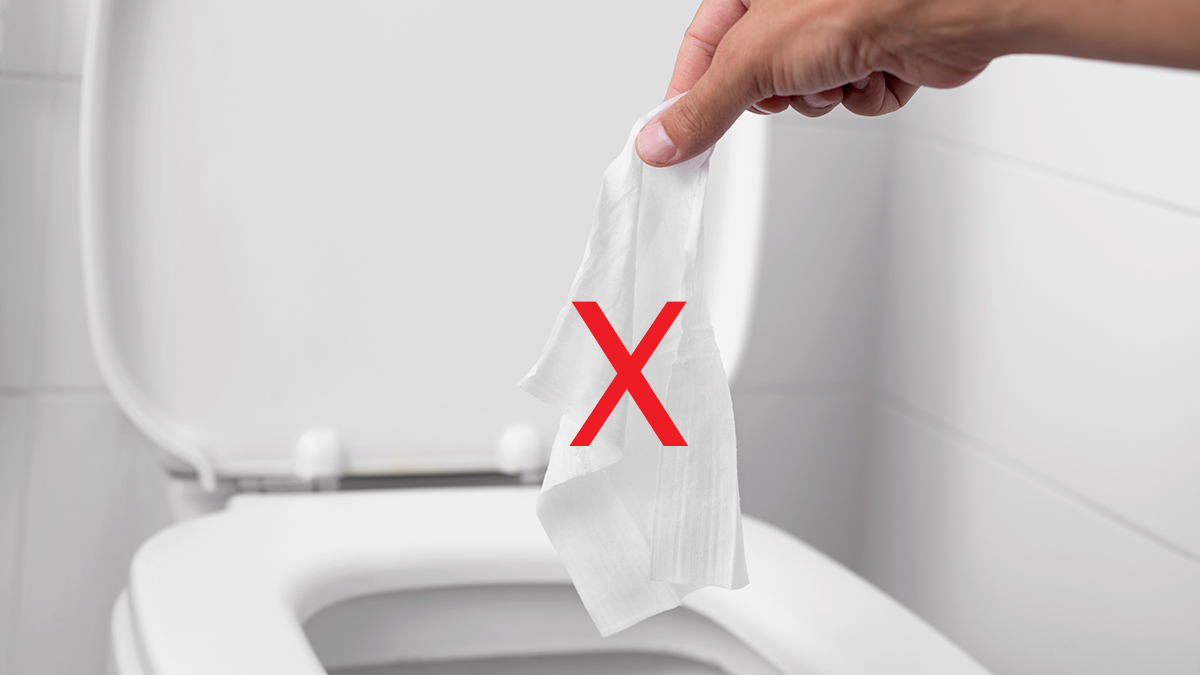Get our independent lab tests, expert reviews and honest advice.
How to get help if you’ve been affected by bushfires

Right now, so many people across the country are suffering tremendous loss from the ongoing bushfires. Our hearts go out to everyone on the frontlines and our deepest gratitude for everyone lending a hand or chipping in to support communities who’ve been affected.
Because of this crisis, many of us are navigating unfamiliar processes or making difficult decisions, especially as consumers. This might mean filing an insurance claim for the first time, applying for emergency financial assistance, or taking measures to protect your family from smoke.
As a consumer advocate, we wanted to share some resources that may help you or someone you know. It’s by no means an exhaustive list but we hope that you find it useful.
Home and contents insurance
If your home has been damaged or destroyed by fire, or you think your home might be at risk, there are some important things to know about home and contents insurance.
All home insurance policies cover bushfires, but there can be problems in the small print with varying definitions and exclusions. You also need to make sure your home is covered for all of the costs of rebuilding. These costs are often much more than we anticipate when we choose our coverage. Your insurer may also be able to provide other support, such as accommodation. Read more about home insurance and bushfires.
All home insurance policies cover bushfires, but there can be problems in the small print with varying definitions and exclusions
If you have any questions arising from the bushfires or are having problems with your insurer, you can call the free, independent Insurance Law Service on 1300 663 464.
Financial assistance
If you’ve been impacted by bushfires, you may be eligible for emergency financial assistance.
- For one-off or ongoing assistance, check your eligibility for the Disaster Recovery Payment or Allowance through the Department of Human Services.
- You may also be eligible for a $5000 emergency grant through the Australian Red Cross.
- Some banks and financial institutions are offering financial assistance to their customers. Contact your bank and ask about bushfire assistance.
- If you’re a volunteer firefighter in NSW, you may be able to access a volunteer firefighter payment.
- The National Debt Helpline (call 1800 007 007) can offer free financial counselling, advice about financial hardship and other assistance that might be available to you. For example, you may be eligible for financial relief on credit card bills, loan repayments, energy and water bills, phone bills and insurance premiums.
Protecting your home and yourself from air pollution
In many cities and towns across the country, air quality has reached hazardous levels due to relentless bushfire smoke and ash.
Keeping smoke out of your home is the easiest way to protect indoor air quality, but air purifiers can also make a difference. Read more about what you can do to keep smoke out of your home.
When you’re outside, P2 and N95 face masks may help filter out harmful fine particles, but it’s best to avoid smoke altogether on hazardous days if you can. Read more about bushfire smoke and face masks.
Making a donation to help the relief effort and avoiding scams
People across the country are generously donating what they can to help with the relief effort.
Sadly, there are already scammers attempting to take advantage of people looking to give generously
Our friends at The Guardian have great advice on effective ways to give in the bushfire crisis and you can read our information on how to give to charity so your donation really counts.
Sadly, there are already scammers attempting to take advantage of people looking to give generously. Here are some of the common scams that have emerged in the bushfire crisis. The ACCC has set up a hotline to tackle scams early – you can call 1300 795 995 to alert the regulator of any scams you come across.
This has been an incredibly trying time for so many people. If you need somebody to talk to, contact Beyond Blue on 1300 224 636 or Lifeline on 13 11 14 for immediate assistance. You may also be eligible for counselling sessions, access to a social worker or other support. More information is available through the Department of Human Services.





